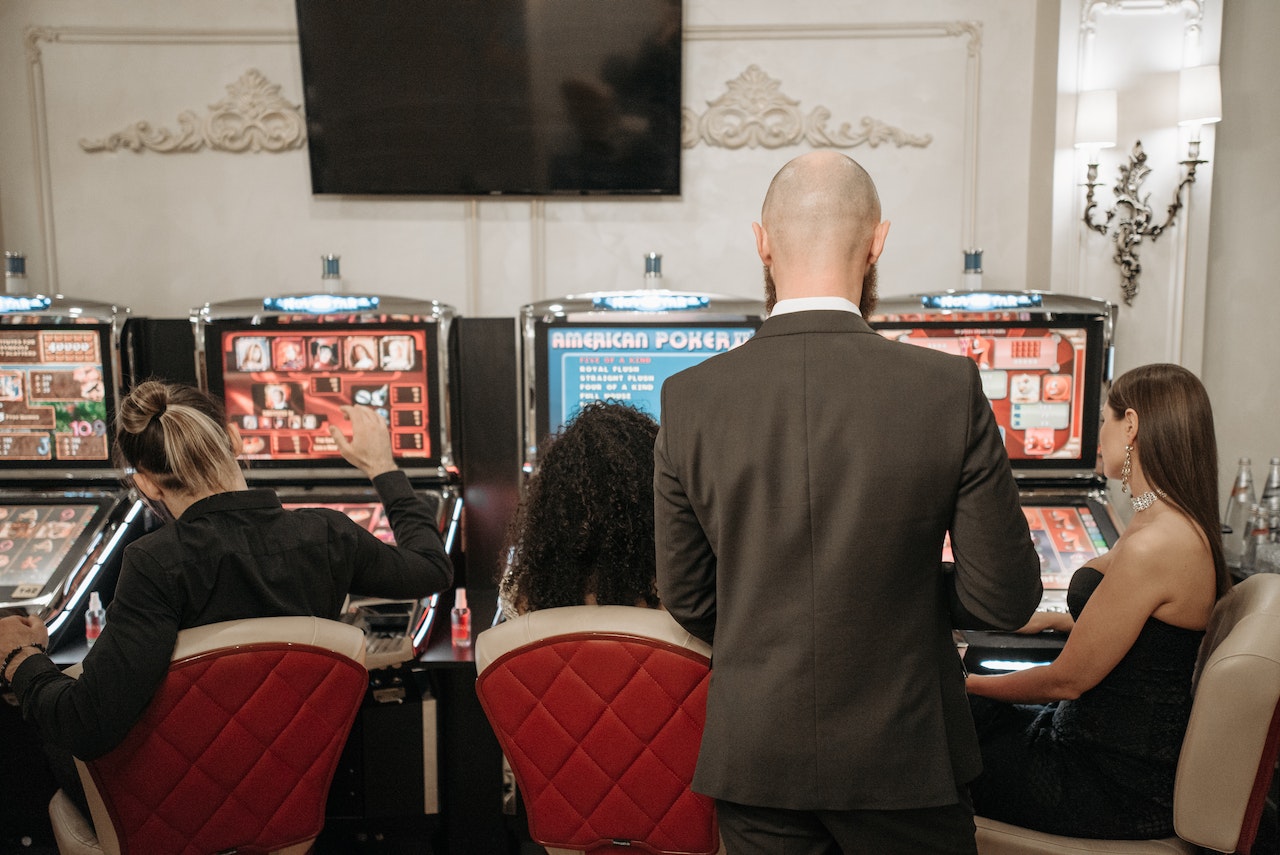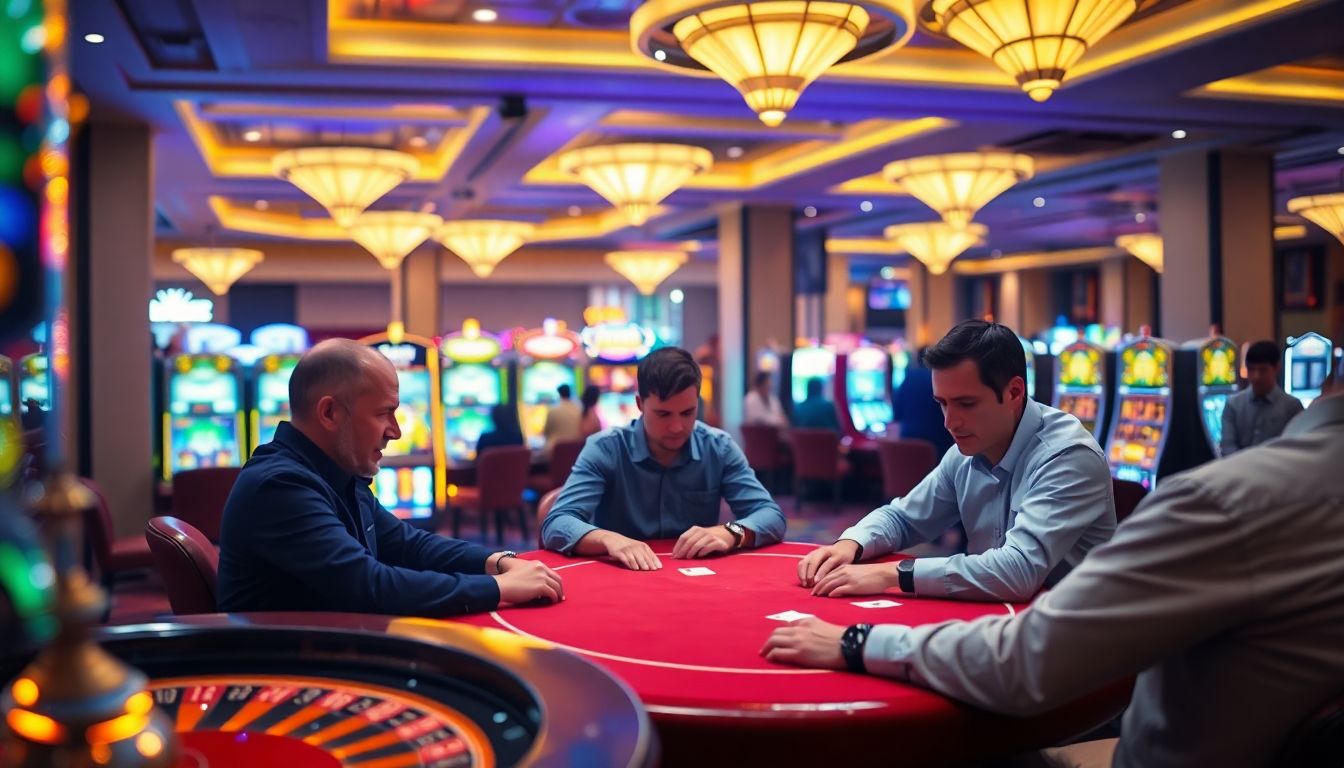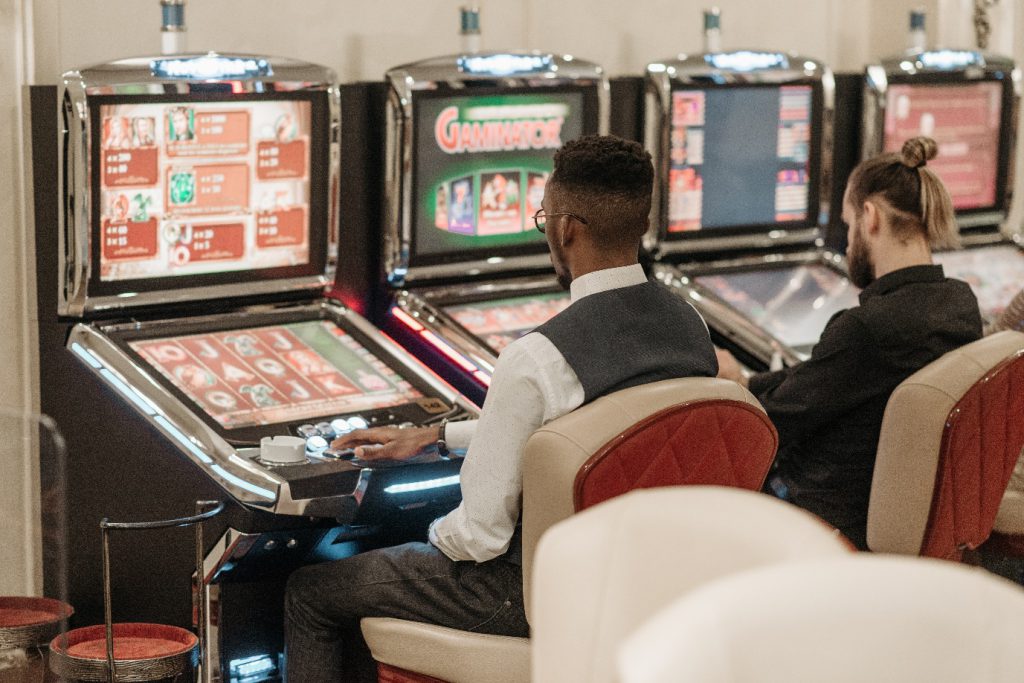Targeting Millennials: Adapting Casino Marketing to the New Generation
As the millennial generation continues to dominate the consumer landscape, industries must adapt their marketing strategies to effectively engage this tech-savvy and socially conscious demographic. The casino industry, traditionally associated with an older audience, is no exception. In this article, we explore the key tactics and approaches that casinos can employ to effectively target and appeal to millennials. From understanding their demographics and preferences to leveraging digital platforms and incorporating gamification, we delve into the necessary shifts in casino marketing strategies. Additionally, we examine the importance of personalization, promoting social responsibility, and utilizing influencer marketing to build trust and authenticity. By embracing the millennial mindset and implementing innovative approaches, casinos can position themselves to capture the attention and loyalty of this influential generation.
1. Understanding the Millennial Generation: Key Demographics and Characteristics
1.1 Who are Millennials?
The term “Millennials” refers to the generation of individuals born between the early 1980s and late 1990s. This diverse group has grown up surrounded by technology and has unique preferences and behaviors compared to previous generations.
1.2 Millennial Trends and Preferences
Millennials value experiences over material possessions. They prioritize convenience, authenticity, and social responsibility in their purchasing decisions. They are more likely to support brands that align with their values and provide personalized experiences.
1.3 Understanding Millennial Behavior in the Casino Industry
In the casino industry, Millennials have shown a preference for skill-based games, interactive experiences, and socializing. They are less attracted to traditional casino games and reluctant to spend long periods in a single location. Understanding their behavior is crucial for developing effective marketing strategies.
2. The Changing Landscape of Casino Marketing: Embracing the Millennial Mindset
2.1 Recognizing the Need for Adapting Casino Marketing
With the shift in demographics, it’s essential for casinos to adapt their marketing strategies to appeal to the millennial audience. Ignoring this generation would mean missing out on a significant portion of potential customers.
2.2 Shifting Priorities and Mindsets: Embracing Millennials as the Target Audience
To attract Millennials, casinos should focus on creating an environment that caters to their preferences. This includes offering a mix of skill-based games, interactive entertainment, and social experiences that go beyond traditional gambling.
2.3 Identifying the Gap: Traditional Marketing vs. Millennial Marketing
Traditional casino marketing tactics, such as print advertisements and direct mailers, may not resonate with Millennials. To bridge the gap, casinos must leverage digital platforms, social media, and personalized communication to reach this generation effectively.
3. Leveraging Digital Platforms: Reaching Millennials Where They Are
3.1 The Importance of Digital Channels in Millennial Engagement
Millennials are tech-savvy and heavily rely on digital platforms for information and entertainment. Casinos need to establish a strong online presence to engage with this generation effectively and stay relevant in today’s digital age.
3.2 Creating an Online Presence: Website and Mobile Optimization
Having a user-friendly website and optimizing it for mobile devices is crucial. Millennials expect seamless online experiences and easy access to information. A well-designed website and mobile app can enhance the overall customer experience and attract this tech-savvy audience.
3.3 Social Media Marketing: Targeting Millennials through Popular Platforms
Casinos should leverage social media platforms, such as Facebook, Instagram, and Twitter, to engage with Millennials. These platforms offer opportunities for targeted advertising, influencer partnerships, and interactive content that resonates with this generation.
4. Personalization and Customization: Creating Tailored Experiences for Millennials
4.1 The Power of Personalization in Millennial Marketing
Personalization is key to capturing the attention of Millennials. By understanding their preferences, casinos can tailor their offers, rewards, and communication to create a more engaging and personalized experience. This can significantly enhance customer loyalty and satisfaction.
4.2 Customizing Offers and Rewards for Individual Preferences
Casinos should offer customized rewards and incentives that align with Millennials’ interests and preferences. This could include special promotions, exclusive events, or unique experiences that cater specifically to this generation’s desires.
4.3 Implementing Personalized Communication Strategies
Effective communication is vital when targeting Millennials. Casinos should leverage data analytics to understand their audience better and deliver personalized messages through various channels, such as email, mobile apps, and social media. Engaging storytelling and a touch of humor can also help capture their attention.
By understanding the Millennial generation, adapting marketing strategies, leveraging digital platforms, and providing personalized experiences, casinos can successfully target and engage with this new generation of customers. The key is to embrace their preferences and continually evolve to meet their changing needs.
5. Gamification and Social Interaction: Engaging Millennials in Casino Experiences
5.1 Gamification: Adding Fun and Interactive Elements to Casino Marketing
Millennials love games. Whether it’s Candy Crush or Fortnite, they are drawn to interactive and immersive experiences. That’s why incorporating gamification into casino marketing is a no-brainer. By adding fun and interactive elements, such as leaderboards, achievements, and rewards, casinos can make the experience more engaging and appealing to the younger generation. Imagine earning points for playing your favorite slot machine or challenging your friends to a virtual poker tournament. It’s like bringing the excitement of a video game into the world of gambling.
5.2 Social Interaction in the Casino Industry: Creating Community and Engagement
Millennials crave social interaction and thrive on connection with others. So, how can the casino industry tap into this need? By creating spaces and opportunities for community and engagement. Casinos can host events like live poker tournaments or blackjack competitions where players can interact with each other, forming bonds and friendships along the way. Additionally, leveraging social media platforms and online communities can help foster a sense of belonging among millennial gamblers. Sharing stories and experiences, as well as creating a sense of camaraderie, can go a long way in attracting and retaining this new generation of casino-goers.
5.3 Incorporating Virtual Reality and Augmented Reality Experiences
Now, imagine stepping into a virtual world where you can explore a casino from the comfort of your own home. Virtual reality and augmented reality technologies offer limitless possibilities for the casino industry to create immersive experiences that appeal to millennials. From virtual slot machines to interactive poker tables, these technologies can transport players into a whole new realm of gambling. By embracing VR and AR, casinos can cater to the tech-savvy generation and provide a unique and unforgettable experience that sets them apart from traditional brick-and-mortar establishments.
6. Promoting Social Responsibility: Appealing to Millennials’ Values and Ethical Considerations
6.1 Understanding Millennial Concerns about Social Responsibility
Millennials are known for their passion and commitment to social causes. They care about the environment, social justice, and ethical practices. To target this generation, casinos must understand and address their concerns about social responsibility. This means implementing sustainable practices, reducing their carbon footprint, and prioritizing ethical standards throughout their operations.
6.2 Implementing Sustainable Practices and Ethical Standards
Going green isn’t just a trend; it’s a necessity. Millennials are more likely to support businesses that prioritize eco-friendly practices. Casinos can adopt energy-efficient technologies, recycle, and minimize waste to show their commitment to the environment. Additionally, implementing strict ethical standards ensures fair play and responsible gambling. When millennials see a casino taking steps to make a positive impact on society, they’re more likely to choose that establishment over others.
6.3 Cause Marketing: Aligning with Millennial Values and Charitable Initiatives
Millennials appreciate businesses that actively contribute to making the world a better place. By aligning with charitable initiatives and supporting causes that resonate with this generation, casinos can build a positive reputation and attract millennial consumers. From hosting charity events to sponsoring fundraisers, casinos can show their commitment to social responsibility while also engaging their target audience in meaningful ways. After all, when it comes to millennials, it’s not just about gambling; it’s about making a difference.
7. Influencer Marketing and Authenticity: Building Trust with Millennial Consumers
In the age of social media, authenticity is key to winning over millennials. They’re tired of traditional advertising and are more likely to trust recommendations from real people. That’s where influencer marketing comes into play. Collaborating with influencers who align with the casino’s brand and values can help build trust with millennial consumers. These influencers can create engaging content, share their experiences at the casino, and provide an authentic perspective that resonates with their audience. By leveraging the power of influencer marketing, casinos can establish themselves as trustworthy and relatable brands in the eyes of millennials. And hey, who wouldn’t want to take gambling advice from their favorite social media personality?In conclusion, adapting casino marketing to target millennials requires a comprehensive understanding of their preferences, behaviors, and values. By embracing digital channels, personalization, gamification, and social responsibility, casinos can create tailored experiences that resonate with this generation. Additionally, leveraging influencer marketing and prioritizing authenticity will build trust and credibility among millennial consumers. As the casino industry transforms to meet the needs of the new generation, embracing these strategies will not only attract millennials but also pave the way for long-term success in an evolving market.
Frequently Asked Questions
1. Why is it important for casinos to target millennials?
Millennials make up a significant portion of the consumer market and have unique preferences and behaviors. By targeting millennials, casinos can tap into a growing and influential demographic, ensuring long-term sustainability and relevance in the industry.
2. How can casinos effectively reach millennials through digital platforms?
To reach millennials through digital platforms, casinos should optimize their websites and mobile platforms for seamless user experience. Additionally, a strong presence on social media channels such as Instagram and TikTok can help engage millennials through visually appealing and interactive content.
3. How can personalization enhance the casino experience for millennials?
Personalization involves tailoring offers, rewards, and communications to individual preferences and interests. Casinos can utilize data-driven insights and technology to create customized experiences that resonate with millennials, increasing their engagement and loyalty.
4. What role does social responsibility play in targeting millennials?
Millennials are known for their commitment to social and environmental causes. By promoting social responsibility and implementing sustainable practices, casinos can align with millennials’ values and enhance their brand reputation, attracting this generation as socially conscious consumers.







Facebook Comments